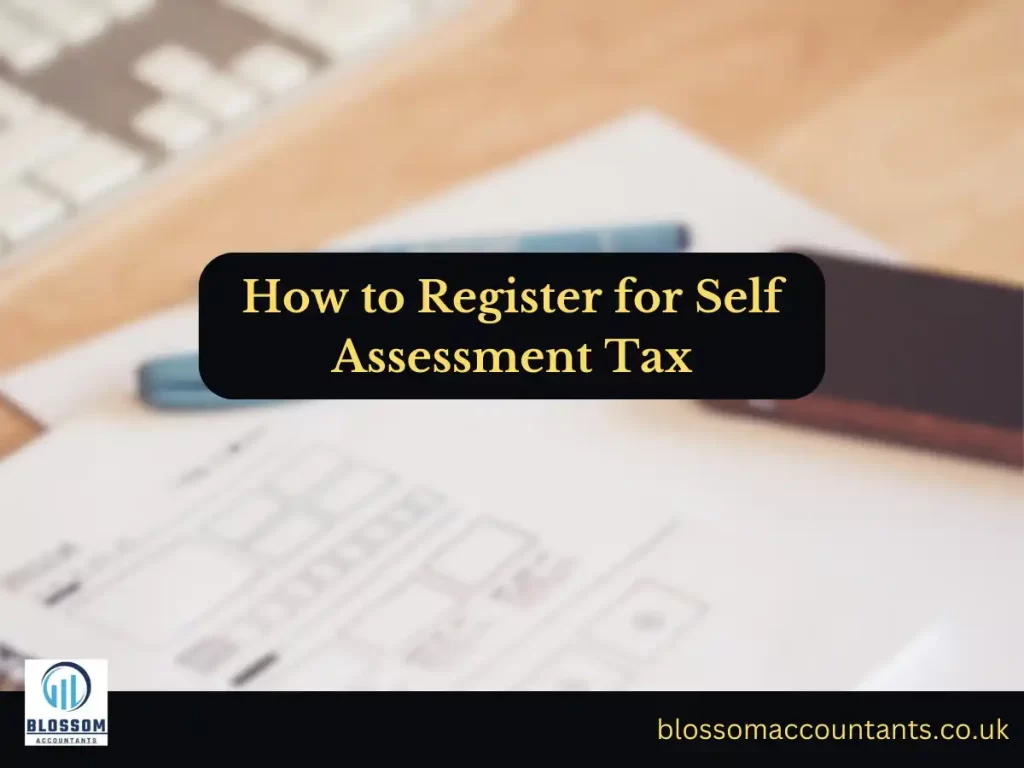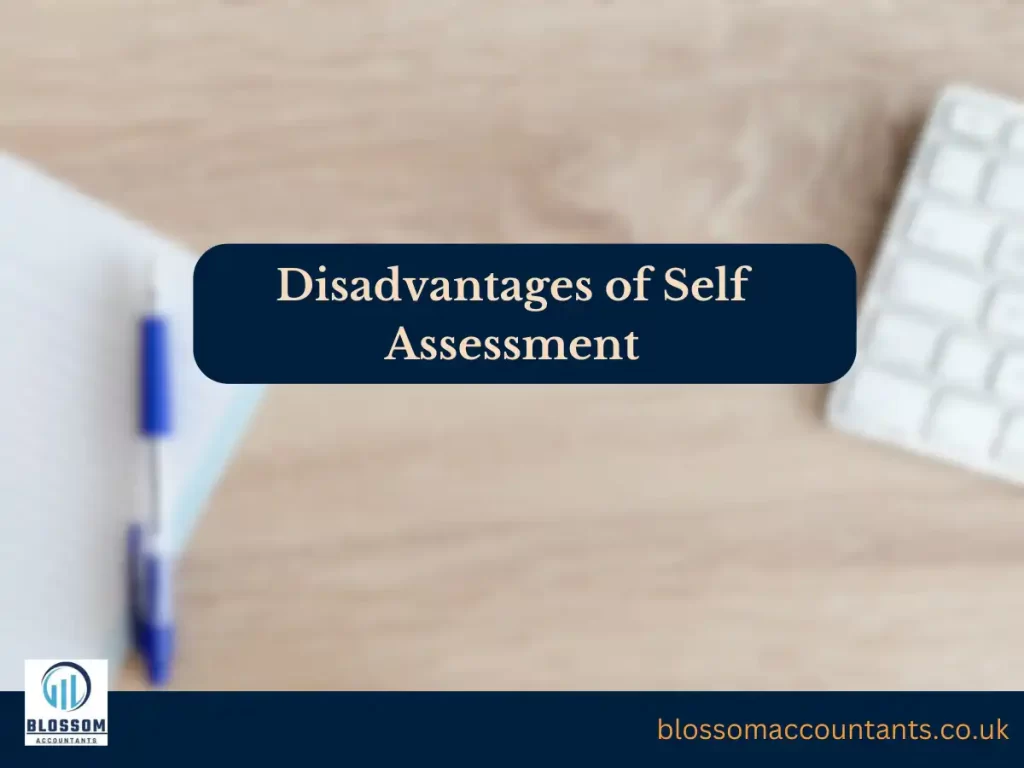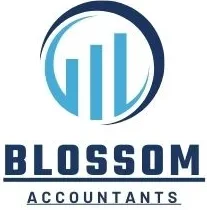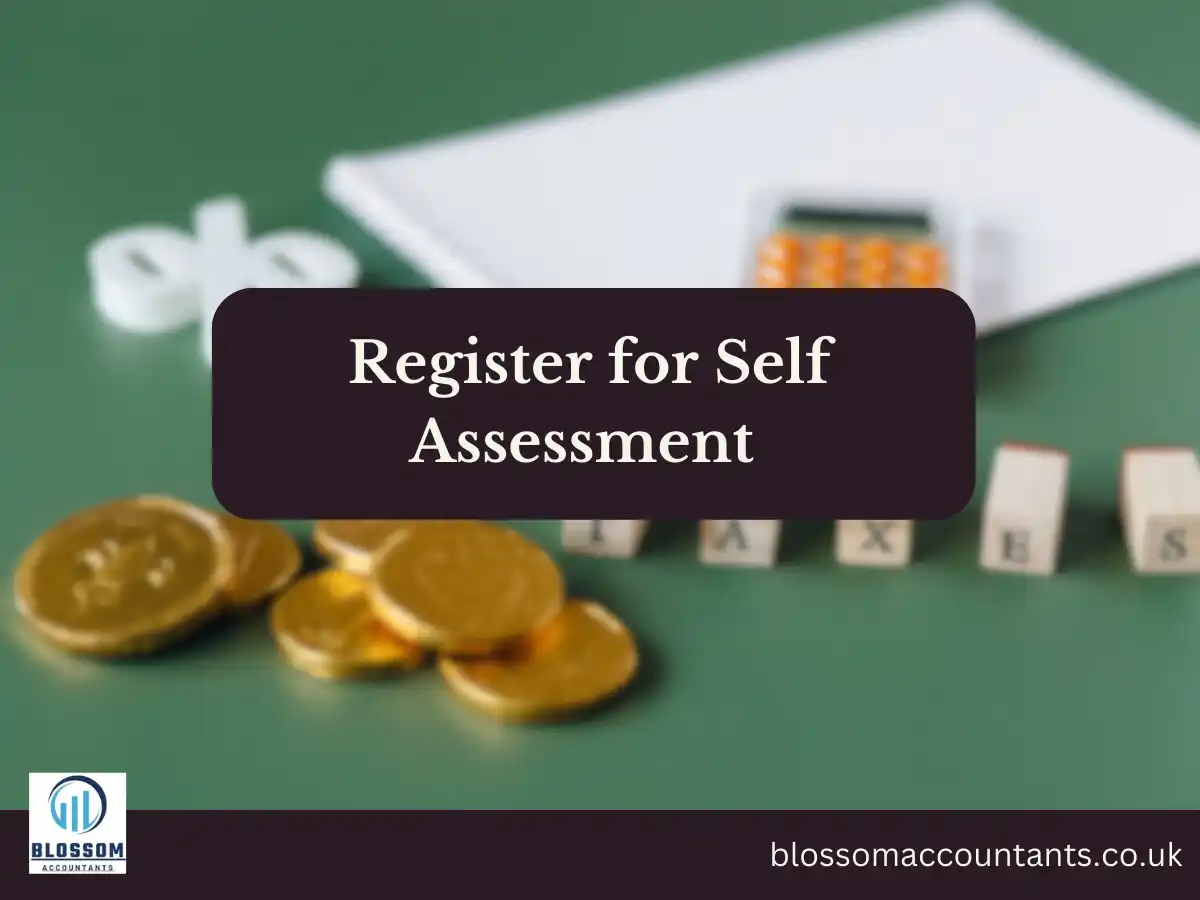Registering for Self Assessment tax in the United Kingdom is a necessary step for individuals who have income that is not taxed at the source or who meet certain criteria outlined by HM Revenue and Customs (HMRC). It is a process that enables individuals to fulfill their tax obligations and report their income, expenses, and other relevant financial information to HMRC
In this article, we will explore the reasons for registering for Self Assessment tax, the process of registration, the implications of registration, and the advantages and disadvantages of the Self Assessment system. Understanding how to register for Self Assessment tax is essential for individuals who need to comply with tax regulations and meet their tax obligations effectively.
Table of Contents
Why Register for Self Assessment Tax?
Individuals may be required to register for Self Assessment tax for a variety of reasons, including:
Self-Employment:
Individuals who are self-employed must register for Self Assessment tax in order to disclose their business revenue and costs and pay the proper amount of tax.
Additional Income:
Individuals who receive income that is not taxed at the source, such as rental income, dividends, or capital gains, may be required to register for Self Assessment tax.
Meeting HMRC Criteria:
HMRC may require individuals to register for Self Assessment tax if they meet specific criteria, such as having annual income above a certain threshold or receiving income from overseas.
How to Register for Self Assessment Tax
The process of registering for Self Assessment tax involves the following steps:
Obtain Unique Taxpayer Reference (UTR):
If an individual does not already have a UTR, they need to apply for one from HMRC.
Notify HMRC:
Individuals can register for Self Assessment tax by notifying HMRC either online, by phone, or by completing and sending the appropriate form (SA1) to HMRC.
Provide Personal Details:
Individuals must give personal information such as their complete name, address, date of birth, National Insurance number, and UTR while enrolling.
Choose Filing Method:
Individuals should specify their preferred method of filing tax returns, whether it’s online using HMRC’s online services or by completing paper forms.
Implications of Registration:
Registering for Self Assessment tax has several implications that individuals should be aware of:
Tax Return Filing:
Once registered, individuals will be required to file a Self Assessment tax return each year, reporting their income, expenses, and any other relevant financial information.
Payment of Taxes:
Individuals are responsible for paying the tax due by the deadline specified by HMRC.
Penalties for Non-Compliance:
HMRC may levy fines if you do not register or submit your tax returns on time.
Also read: Self Assessment Tax Calculator

Advantages of Self Assessment:
The Self Assessment system offers several advantages:
Flexibility:
Self Assessment allows individuals to report their income, claim relevant deductions, and ensure accurate tax calculations based on their specific circumstances.
More Control:
Individuals who work for themselves have more control over their tax issues and may schedule their tax payments accordingly.
Tax Efficiency:
Self Assessment allows individuals to maximize tax efficiency by identifying eligible deductions and reliefs to reduce their tax liability
Disadvantages of Self Assessment:
While Self Assessment offers advantages, there are also some disadvantages to consider:
Complexity:
Self Assessment can be complex, especially for individuals with multiple sources of income or complex financial situations. It may require a good understanding of tax regulations and the ability to navigate the tax system effectively.
Time and Effort:
Self Assessment tax requires individuals to invest time and effort in gathering financial information, completing tax returns, and meeting deadlines.
Risk of Errors:
Errors in tax calculations or reporting can lead to penalties and additional scrutiny from HMRC.
Also read: SA302 form (Self-Assessment Tax Calculation)

Seeking Professional Advice:
Due to the complexity of the Self Assessment system, it is advisable for individuals to seek professional advice from accountants or tax specialists to ensure compliance with tax regulations, minimize errors, and optimize their tax position.
Conclusion of Self Assessment tax :
Individuals who fulfill certain conditions stipulated by HMRC must register for Self Assessment tax. Individuals may successfully satisfy their tax duties and assure compliance with tax legislation by knowing the reasons for registering, the procedure involved, and the repercussions that follow. Self Assessment has advantages such as flexibility and tax efficiency, but it is vital to evaluate the downsides, such as complexity and the investment of time and effort. Seeking expert assistance can assist individuals in navigating the Self Assessment system and optimizing their tax status. Overall, enrolling for Self Assessment tax allows individuals to gain control of their tax affairs and successfully meet their tax duties.
DISCLAIMER: We have written the UK accounting and tax related details for your information only. For professional advice or for any accounting task you require, you may need to speak to a professional accountant near you who can assist you. Please read our disclaimer for more details.

